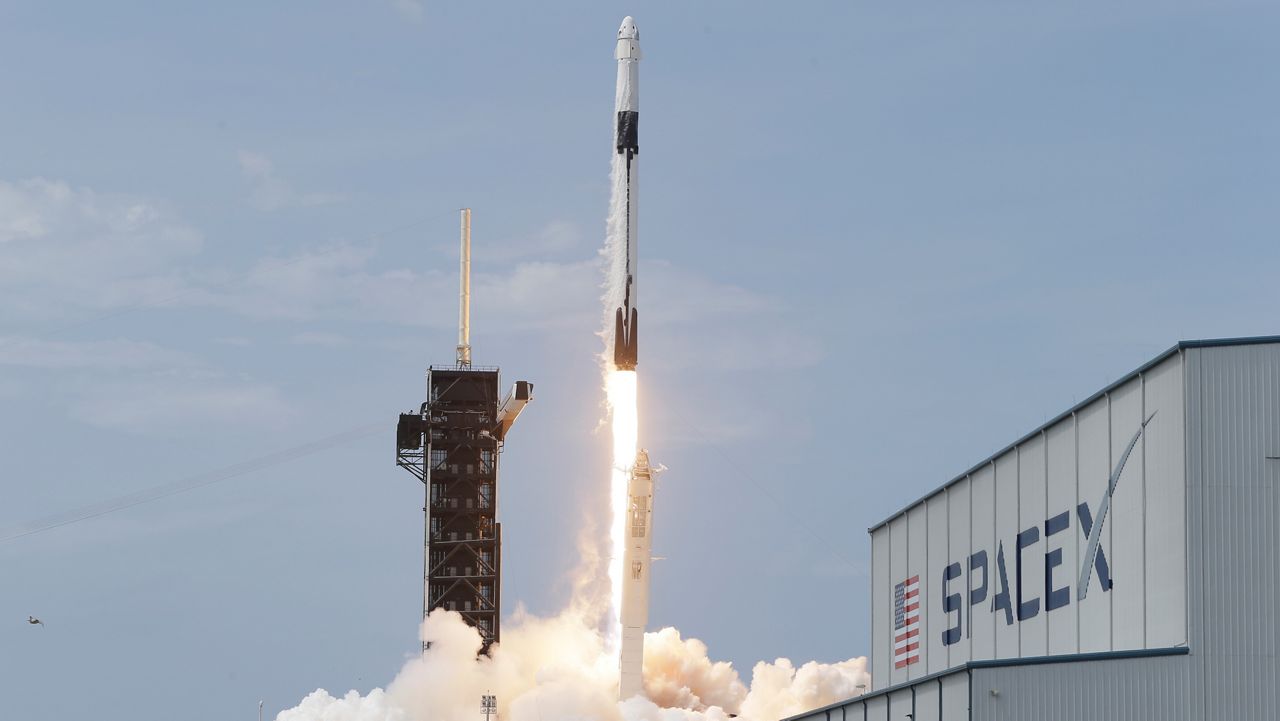On Thursday, House Speaker Kevin McCarthy, R-Calif., introduced the Space Transformation And Reliability (STAR) Act, which proposes extending a regulatory learning period for space flight for eight more years, through September 30, 2031.
In a document obtained by Spectrum News, the bill — which is only the second piece of legislation McCarthy has introduced since becoming speaker — would allow the FAA and the commercial space industry to develop consensus standards for human safety in space flight as commercial space travel continues to grow. It would also provide the industry with time to develop its technologies to encourage a high launch cadence and pace of innovation, according to the document.
One caveat listed in the bill is that it would prohibit the FAA from regulating the safety of passengers on commercial space flights during this learning period, except in response to serious accidents.
The STAR Act would grant the still-growing commercial space industry time, room to experiment, grow, and make mistakes, similar to the learning period granted to the commercial aviation industry in the 20th century, prior to the formation of the Civil Aeronautics Board — precursor to the FAA — in 1939.
In a fact sheet describing the bill, McCarthy’s office says the eight-year extension to the learning period would “provide sufficient time for the FAA to collaborate with industry to develop, evaluate, and report to Congress on proposed safety standards.” The industry would be granted the room to conduct more launches, and the FAA to gather more launch data, ahead of setting safety regulations in place.
“When NASA completed the first Space Shuttle mission in 1981 at Edwards Air Force Base, Shuttle commander John Young declared, ‘The dream is alive.’ Today, as we usher in a new era of space flight with the commercial space industry leading the way, I am proud to say that dream lives on,” said McCarthy in a statement. “That’s why I introduced the STAR Act to provide the commercial space industry with additional time to fly, innovate, and grow. As we look to the 21st century and beyond, this industry is crucial to advancing U.S. national security and scientific discovery, and I am confident that the STAR Act will help to encourage this progress.”
The document lists Commercial Spaceflight Federation, SpaceX, Mojave Air and Space Port as supporters of an 8-year extension because “it would encourage innovation, competition, and cost reductions.”
Congress first created a regulatory learning period in 2004. McCarthy was the original sponsor of the SPACE Act back in 2015, which extended the learning period for 8 years through 2023.
The new bill comes as the law authorizing the Federal Aviation Agency — which regulates both aviation and the fledgling aerospace industry — also faces a looming deadline. The House passed a bill to reauthorize the agency for 5 years back in July in bipartisan fashion, but there has been little movement in the Senate on the measure.




